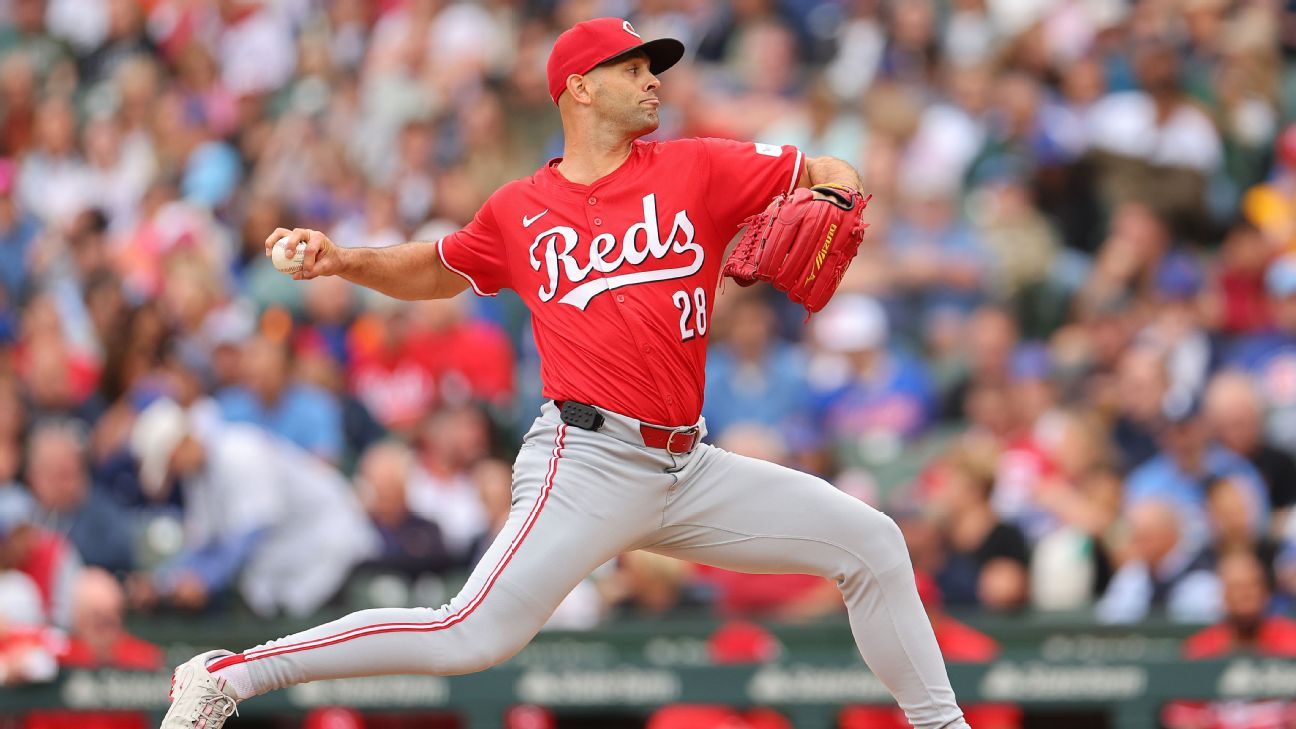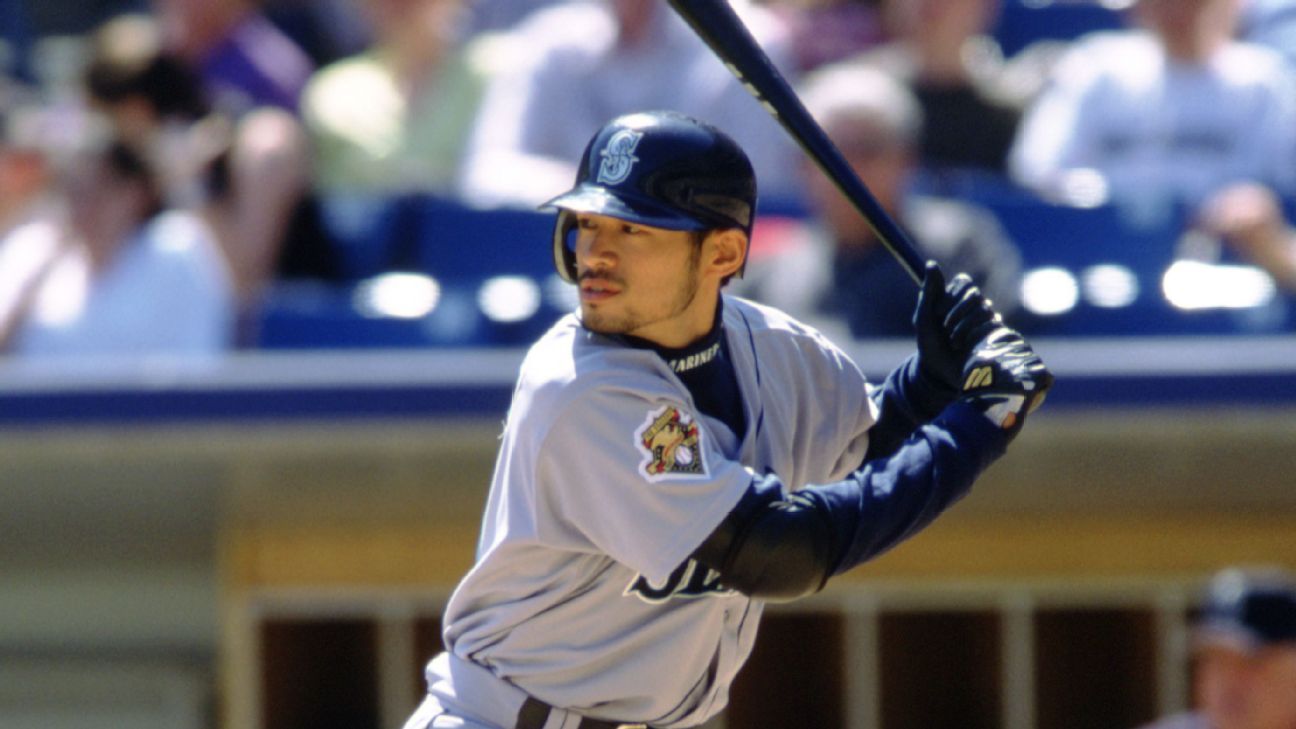
British pole vault record-holder Holly Bradshaw offers advice to parents of sporty children
Often in life, people are so afraid to fail that they spend their lives running from it when actually, the greatest lessons you could ever learn are born from failure.
Do you want to know more about how someone can overcome adversity? Has your child already faced adversity and you want to know more? This article will aim to provide information that could help you to understand some of these things!
“What doesn’t kill us makes us stronger”. This well-known statement could actually be true. According to academic researchers and iconic celebrity figures, adversities that cause trauma can ultimately have benefits.
The academic model of post-traumatic growth (PTG) was created to show the process of how positive change can occur as a result of struggling and real-life examples show how incredibly successful people experienced adversity but found a way to succeed. How does growth arise?
We all feel stressed from time to time – it’s normal and all part of life’s journey of ups and downs! Experiencing stress as an athlete is completely normal, very common and nothing to worry too much about. However, as soon as a stressor becomes too severe for an athlete to overcome, this is when it becomes adversity.
As a parent of an athlete, it is good to be aware of the types of adversity you can expect your child to experience on their sporting journey.
As you can imagine these experiences will be rather troubling for most athletes, therefore, initial responses are likely to be very negative.
Olympic athletes’ responses to adversity:
You’ll be glad to hear your child could grow, develop and become a better athlete after experiencing adversity, providing that they have access to appropriate levels of support.
Andy Murray has appeared in 11 grand slam finals throughout his career with only three of them ending in victory.
In an interview, Murray said “failing is not terrible,” as he described how each of his defeats against Novak Djokovic or Roger Federer had contributed to his success and “learning from my losses is something I’ve done throughout most of my career.”
It is through the process of struggling with adversity that changes may occur that propel an individual to a higher level of functioning (physical, mental and personal). How an athlete grows following adversity has been investigated extensively and research has suggested there are three main areas of growth.
Intrapersonal
An improvement in an athlete’s mindset is the most noticeable area of growth. Gaining knowledge and learning more about the sport is often witnessed following adversity, specifically increased mental toughness and mental resilience, a realisation of opportunities, improved problem solving and sport-related intelligence. An increased motivation toward sport and healthier emotions such as confidence, optimism and a happier and grateful approach are also witnessed after adversity.
Interpersonal
Positive day-to-day changes in how athletes interact and approach others improve following adversity. Greater appreciation for others, being able to speak out and enhanced relationships with family and friends are the changes frequently identified.
Physical
Athletes can become physically better! You may think suffering trauma especially injury would result in physical deterioration but this is not the case. It is highlighted that better athletic functioning, superior performance and increased strength and fitness is often achieved after adversity.
Experiencing adversity alone isn’t enough for growth to occur, what is more important is how we deal with adversity, as this is the determining factor on whether growth occurs.
How does an athlete transition distress to growth?
Research in this area has identified a secondary response to adversity called the “transitional response”, whereby negative responses to adversity are transformed into growth through utilising multiple personal (searching for meaning, positive outlook and reflection) and situational (social support, access to sport, physical and informational resources) coping strategies.
The majority of elite athletes seem to possess the ability to naturally adopt some of these strategies without the help of others. However, younger, more inexperienced athletes need a helping hand in applying these strategies into daily life once an adversity occurs to help with the growth process.
When someone asks an elite athlete, “so who was your role model growing up?”, you will hear Usain Bolt, Michael Phelps, David Beckham but you know who else is very common? It is the parents!
You are massive role models in your children’s lives and by addressing their concerns, sharing their lives and maintaining a constructive perspective, you can contribute to their growth and development and play a pivotal part in them overcoming adversity.
The chances are your sporty child may need a little extra help in adopting these coping strategies and your role as a parent is to support them where appropriate. Here are some tips to help your children work through adversity to grow.
Hopefully, now you as parents know what sporting adversities a child may face and the negative emotions associated with them.
Adversity isn’t bad and your child can develop positively following adversity. Finally, remember by using the PTG model, parents can help facilitate this growth in their child.















 Phone: (800) 737. 6040
Phone: (800) 737. 6040 Fax: (800) 825 5558
Fax: (800) 825 5558 Website:
Website:  Email:
Email: 






